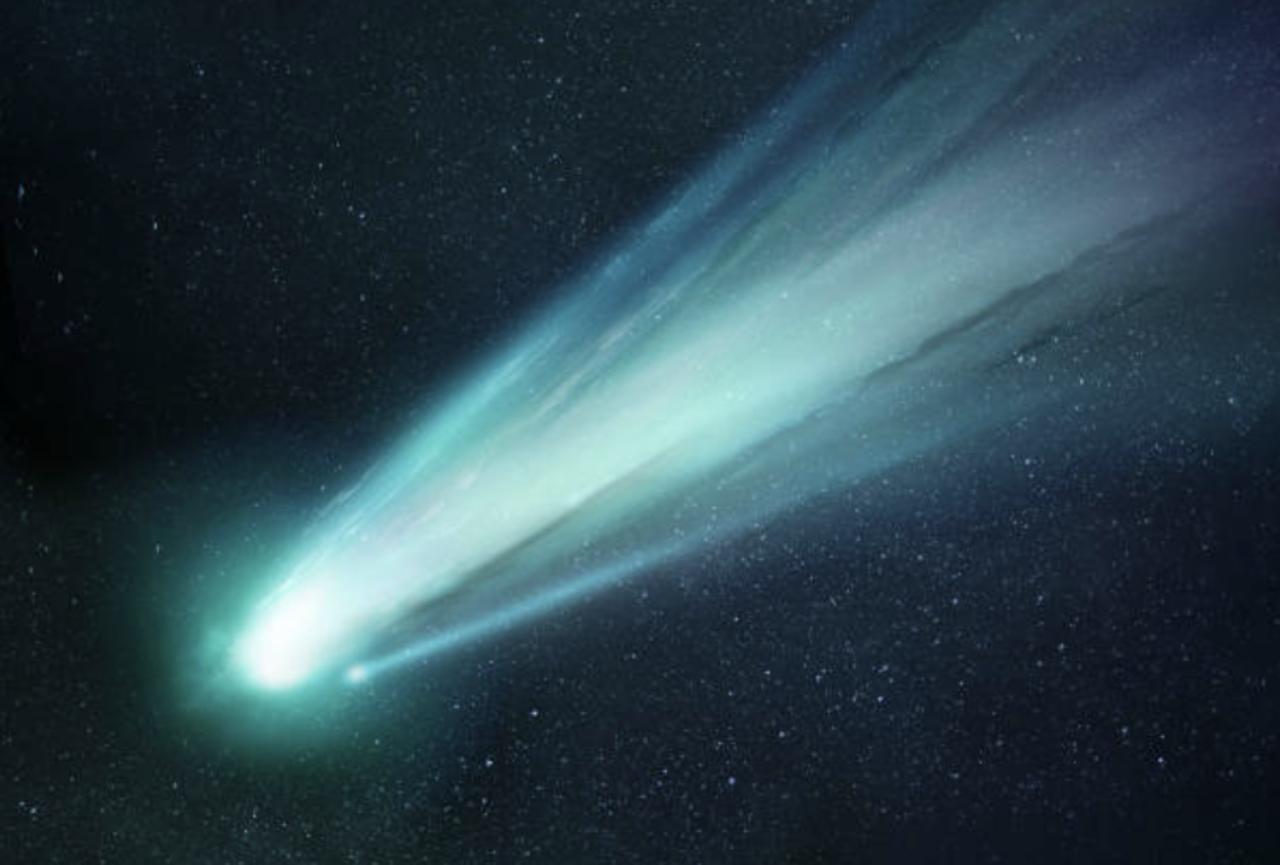
Largest Comet Ever Detected , Will Make a Fly-By Past Our Solar System.
The discovery of the massive comet was published in 'The Astrophysical Letters Journal' on April 12.
Officially known as Comet C/2014 UN271, the celestial body is estimated to be twice the size of Rhode Island.
This is an amazing object, given how active it is when it's still so far from the sun, Dr. Man-To Hui, Study Lead Author, via NBC News.
Luckily for us, scientists say it will get close to our solar system but nowhere near Earth.
It won't even cross the orbit of Saturn, so it's certainly no threat to us, Dr. David Jewitt, Planetary Science and Astronomy at UCLA, via NBC News.
Scientists say that computer models reveal the nucleus of the comet to be roughly 85 miles across.
It's a huge amount of material just in one body, Dr. David Jewitt, Planetary Science and Astronomy at UCLA, via NBC News.
The surface of the nucleus is also much darker than scientists calculated.
Only 3 percent of the light that hits its surface bounces off.
That's a really, really dark surface.
It's blacker than coal, Dr. David Jewitt, Planetary Science and Astronomy at UCLA, via NBC News.
Astronomers think the comet is at least four billion years old, possibly developing alongside the planets Jupiter and Neptune.
As it was growing, and as the planets were growing simultaneously, we think the gravity of the planets was able to slingshot the comet out of the planetary region, Dr. David Jewitt, Planetary Science and Astronomy at UCLA, via NBC News.
Studying the comet can help scientists to fill in the massive knowledge gaps in regard to the solar system.
It's a reminder that the outer solar system is not a very well-known place, Dr. David Jewitt, Planetary Science and Astronomy at UCLA, via NBC News.
When you go far away from the sun, everything out there is so faint, so all sorts of things await discovery, Dr. David Jewitt, Planetary Science and Astronomy at UCLA, via NBC News
